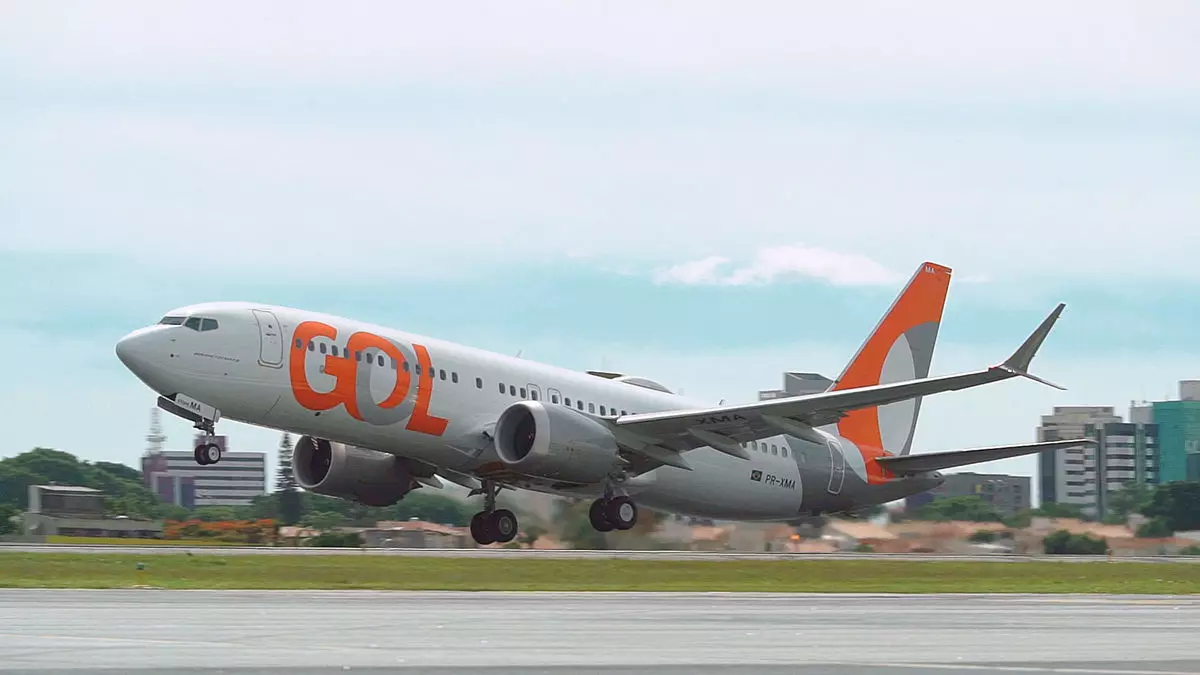In a significant development within the aviation industry, Brazilian airlines Azul and Gol have announced they are entering into preliminary discussions to explore a potential merger, aimed at enhancing their offerings in the domestic and international markets. The nonbinding memorandum of understanding will initiate negotiations for economic terms while ensuring that the final agreement is contingent upon both corporate endorsements and regulatory approvals. This move occurs within a complex backdrop, particularly for Gol, which has been navigating the challenging waters of Chapter 11 bankruptcy for the past year.
This partnership is not merely a reaction to market pressures; it is part of a larger strategy by Abra Group, the majority stakeholder in Gol and also the primary owner of Colombia-based Avianca. Manuel Irarrazaval, CFO of Abra Group, emphasized the transformative potential this partnership holds, stating that it will enhance Brazil’s market presence and bolster their global network. By consolidating operations while maintaining brand identities and operational certifications, the two airlines aim to create synergies that enhance financial performance and improve customer experiences.
The proposed merger of Azul and Gol could culminate in a formidable entity that controls an impressive 61.4% of the Brazilian aviation market by 2024, significantly overshadowing the nearest competitor, Latam Airlines. The combination boasts over 200 destinations, combining Gol’s 137 Boeing 737 aircraft and Azul’s more diverse fleet of 188 planes. This establishment of a robust network is likely to attract travelers looking for seamless connectivity, but it also raises pressing questions about competition in the airline industry and the implications this might have for fares and service quality.
However, such a significant consolidation will naturally attract scrutiny from regulatory and antitrust authorities concerned about market monopolization. The response from these governing bodies will be critical in determining the merger’s feasibility. While Azul and Gol assert that their cooperation will lead to expanded flight options and improved services, regulators will have to weigh these potential benefits against the need to preserve a competitive landscape in Brazil’s aviation sector.
The prospective alliance between Azul and Gol heralds a pivotal moment for the Brazilian airline industry. By combining forces, they could revolutionize air travel in the region, offering enhanced operational efficiencies, greater route connectivity, and potentially a more robust service offering. However, the path to realizing this vision is fraught with challenges that need careful navigation. The outcome of this strategic venture will echo throughout Brazil’s economy, impacting travel patterns and economic dynamics in the broader aviation market. As negotiations advance, all eyes will be on the developments that shape the future of air travel in Brazil.

